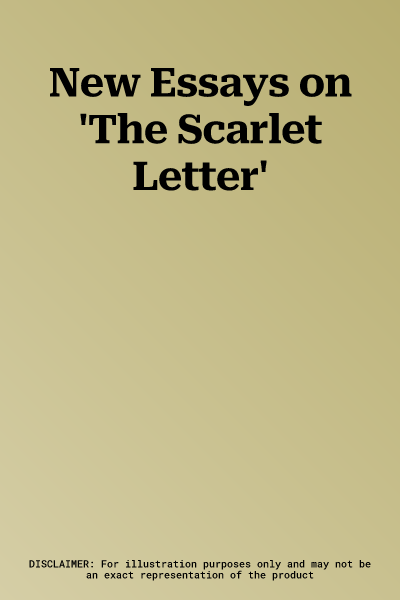New Essays on 'The Scarlet Letter'Hardcover, 31 October 1985

Temporarily out of stock
Free Delivery
Cash on Delivery
15 Days
Free Returns
Secure Checkout

Part of Series
American Novel
Part of Series
American Novel (Hardcover)
Print Length
176 pages
Language
English
Publisher
Cambridge University Press
Date Published
31 Oct 1985
ISBN-10
0521266769
ISBN-13
9780521266765
Description
Product Details
Book Format:
Hardcover
Date Published:
31 October 1985
ISBN-10:
0521266769
ISBN-13:
9780521266765
Language:
English
Location:
New York
Pages:
176
Publisher:
Weight:
349.27 gm